Muslim prayer 'will not be tolerated' threatens Chief Minister of Haryana
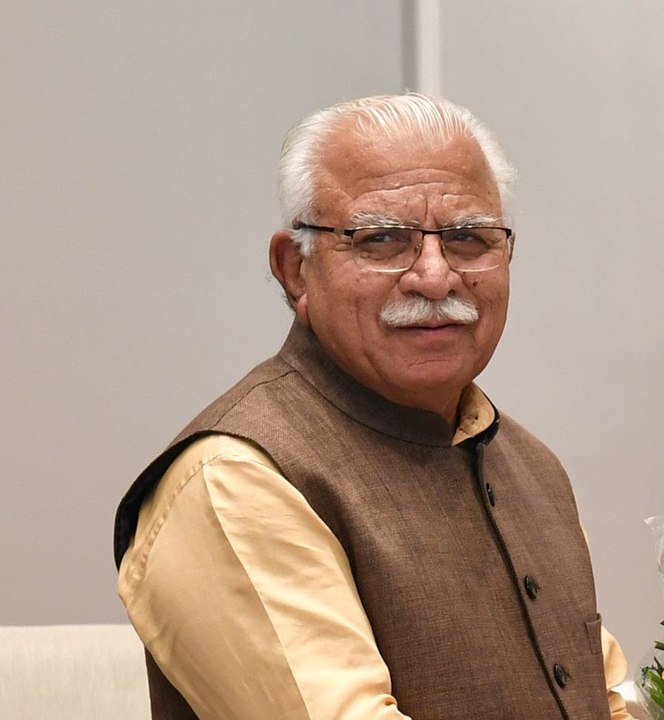
Last week Hindu-nationalist Chief Minister of Haryana offered support to Hindu vigilantes who have been harassing Muslim worship in the city of Gurgaon by claiming that namaz, Muslim prayer, "would not be tolerated" in the open.
The statement follows months of harassment by vigilante groups who have targeted public spaces which have been used for namaz. The mob chanted slogans such as "shoot the traitors" and attempted to shout down Muslim prayers with Hindu songs. They have also resorted to littering these sites with cow dung leading police to have to intervene so as to hold back the mob from inflicting violence on the worshipers. The Guardian notes that over 100 people have been reported to engage in these acts of intimidation.
Last month an umbrella organisation of Hindu nationalist groups, the Sanyukt Hindu Sangharsh Samiti, warned police that they would be willing to use weapons and go to jail if these prayers were not stopped.
“It’s an international conspiracy. They do namaz outside, then they build a shrine, then they build a mosque and then inside the mosque they are harbouring terrorists and weapons and they are a threat to the nation. I will not stop my fight until this becomes illegal” said Hindu extremist Dinesh Thakur. Thakur has been arrested three times for his actions and has formed his own Hindu militia, "Bharat Mata Vahini".
Denial of religious freedom
The Guardian notes that the city of Gurgaon arose in the 1990s on the outskirts of Delhi and hosts a population of over 1.5 million people. Consistently attempts to build mosques in the area, even on Muslim-owned land, have been met with resistance and hostility.
The lack of sites of worship has led Muslim worshipers to offer namaz on empty patches of land and in 2018 gained permission for 108 outdoor praying spaces across the district. However, the increasing opposition of Hindu nationalists has reduced these spaces to just 20.
Altaf Ahmad, a co-founder of the Gurgaon Muslim council, notes that "People are forced to pray out in the open because we have no other choice”. He further adds that whilst the Gurgaon administration claimed the reduction of sites was temporary, "to cool down the situation", protests remain constant.
Mufti Mohammad Saleem Qasmi, the president of the Muslim organisation Jamiat Ulama-i-Hind, has maintained that they would continue to hold Friday prayer in these spaces as it was a matter of justice.
“We are not scared but it’s not right what is happening [...] We have been praying here for 10 to 12 years but all this protest is new. They want to divide the nation. They have a problem with our existence" one worshiper told the Guardian.
On Dec 3 the Sikh community offered five gurdwaras as sites for namez but faced harsh opposition with protests criticising the move claiming that the Mughals were behind the death of the ninth Sikh guru.
Responding to these protests, Daya Singh, 72, a member of the Gurudwara Shri Guru Singh Sabha committee, said: “We know this is not really about namaz, it’s all part of the plan to alienate Muslims”.



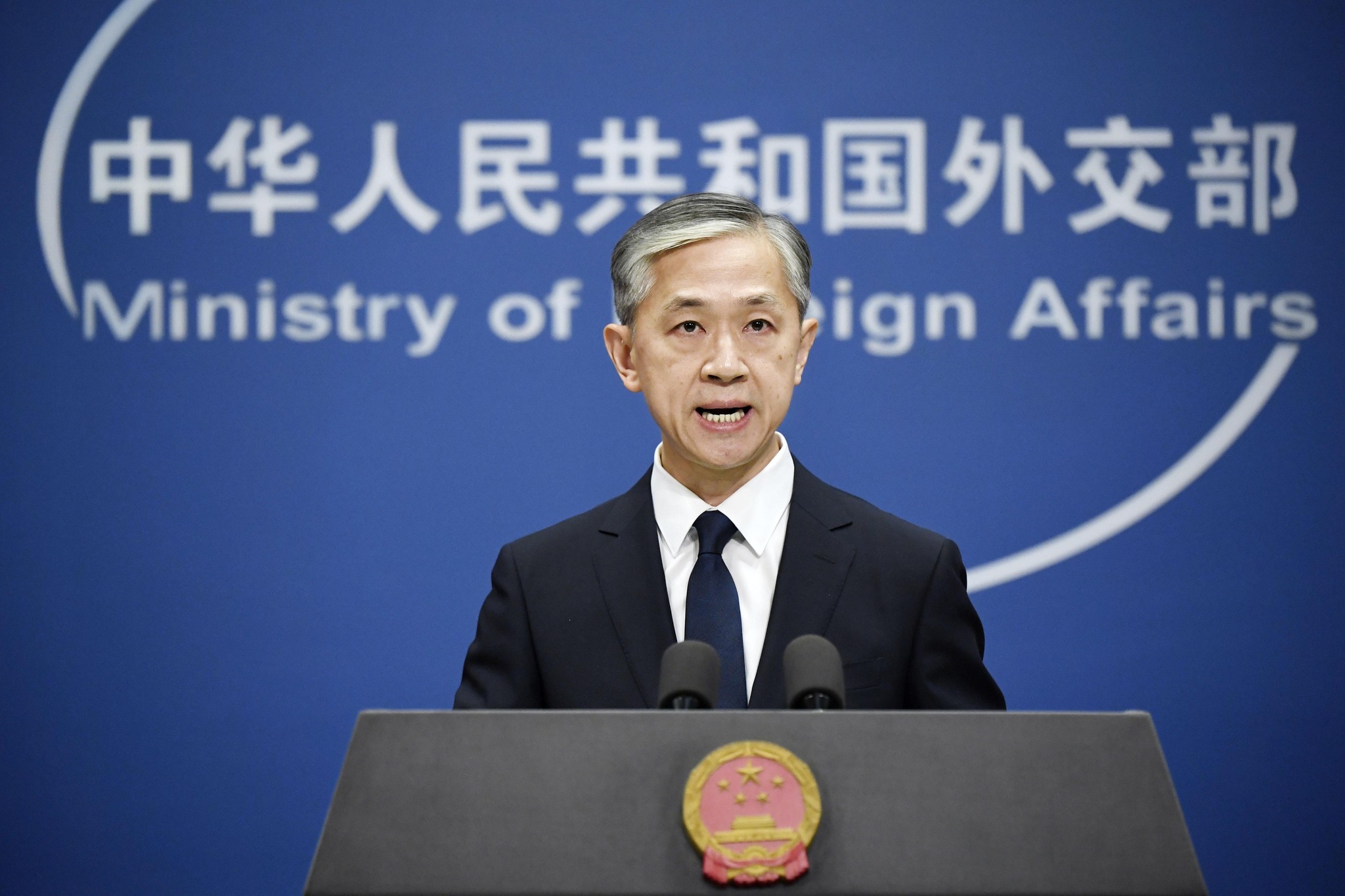

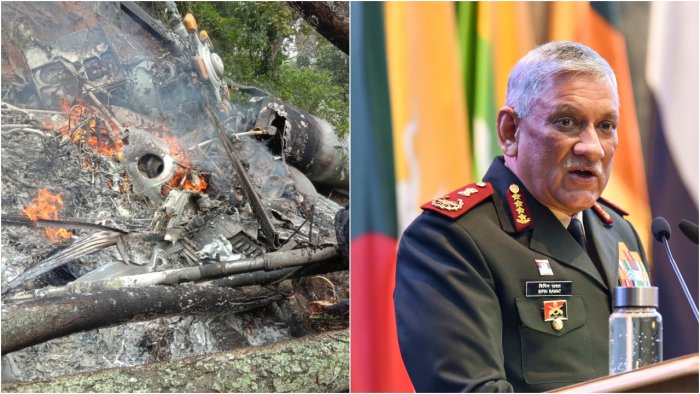

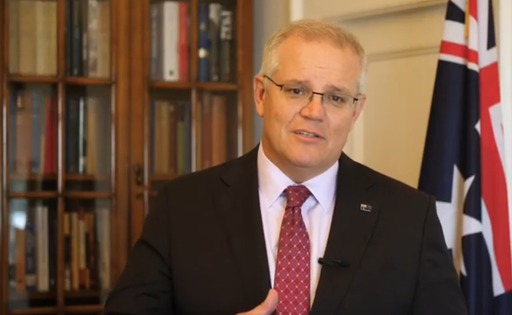

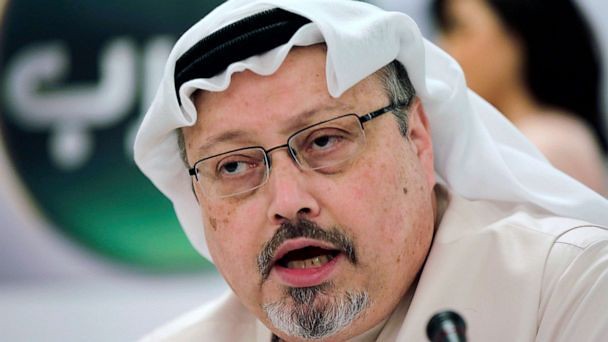
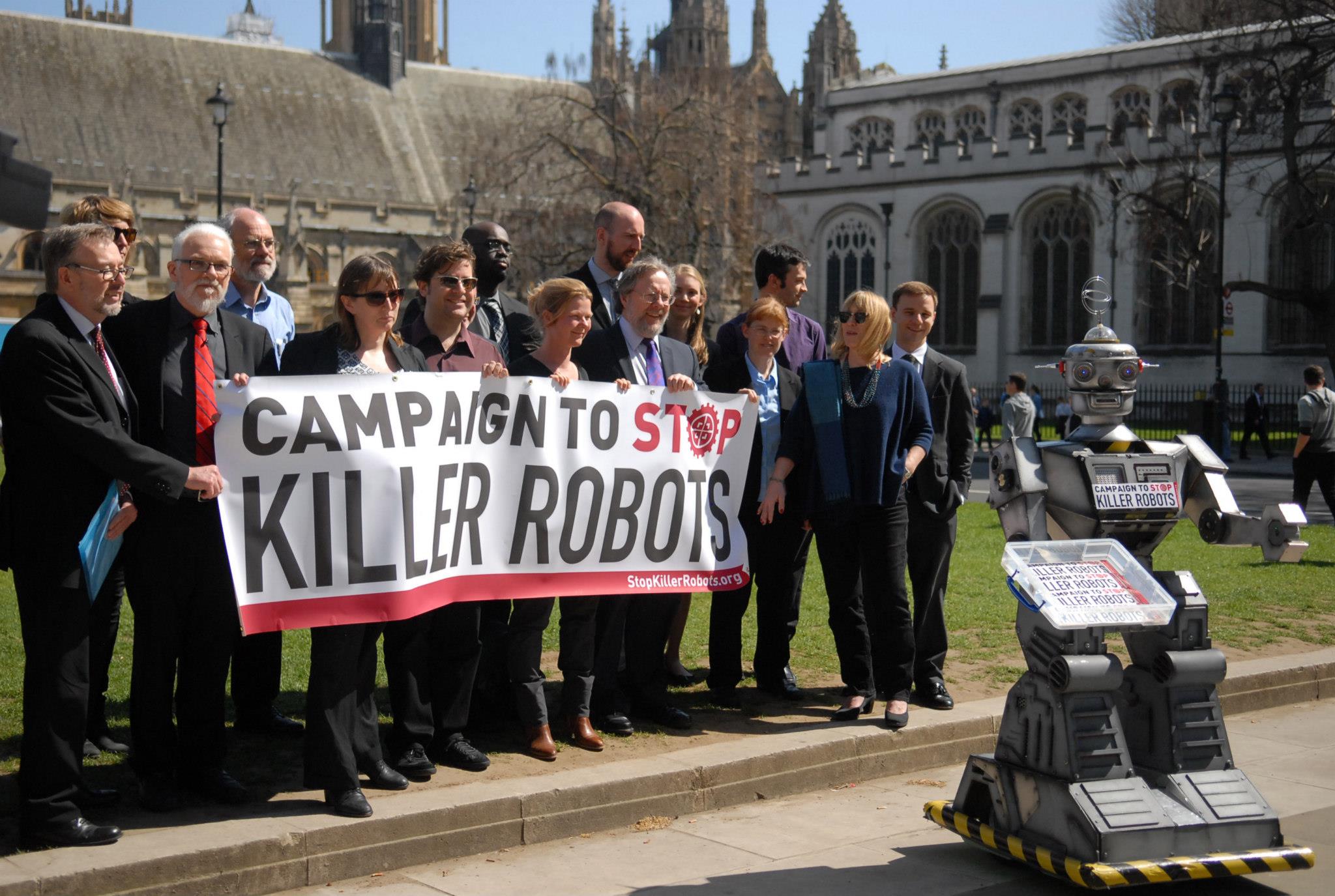

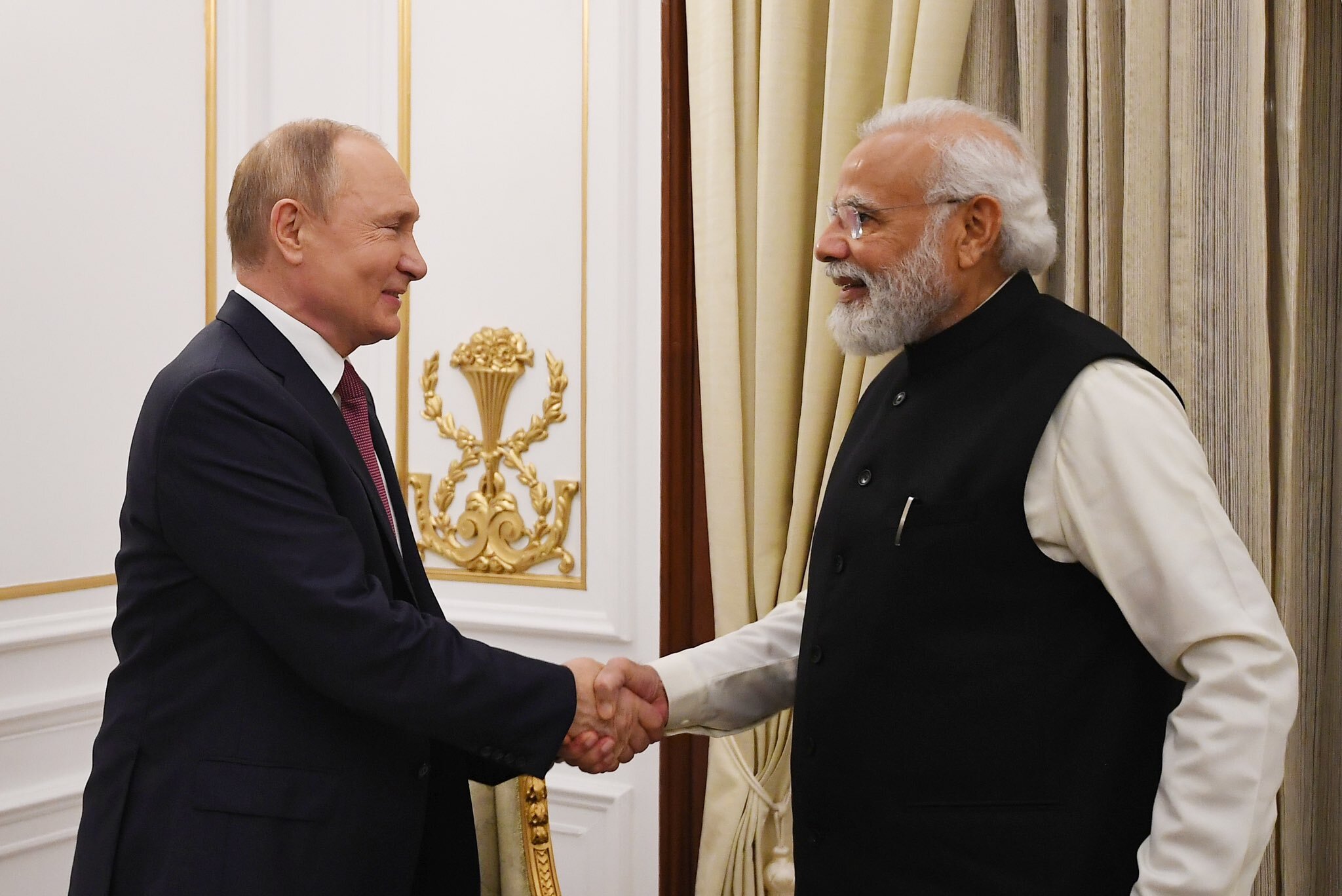
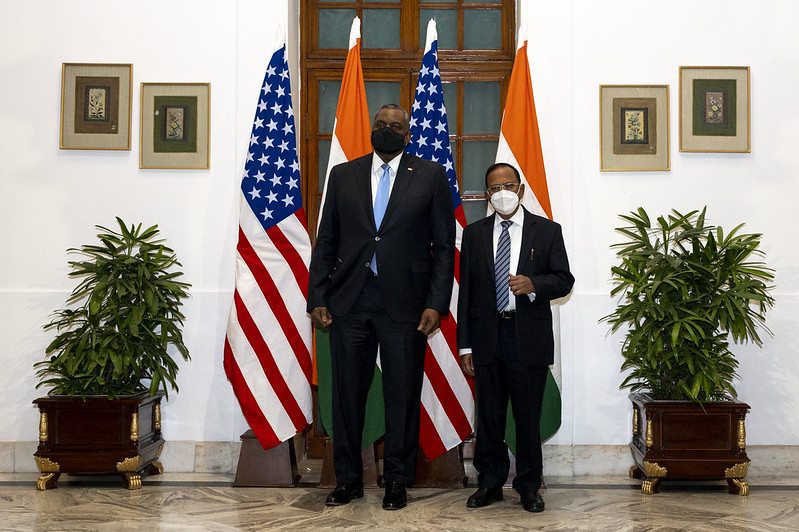
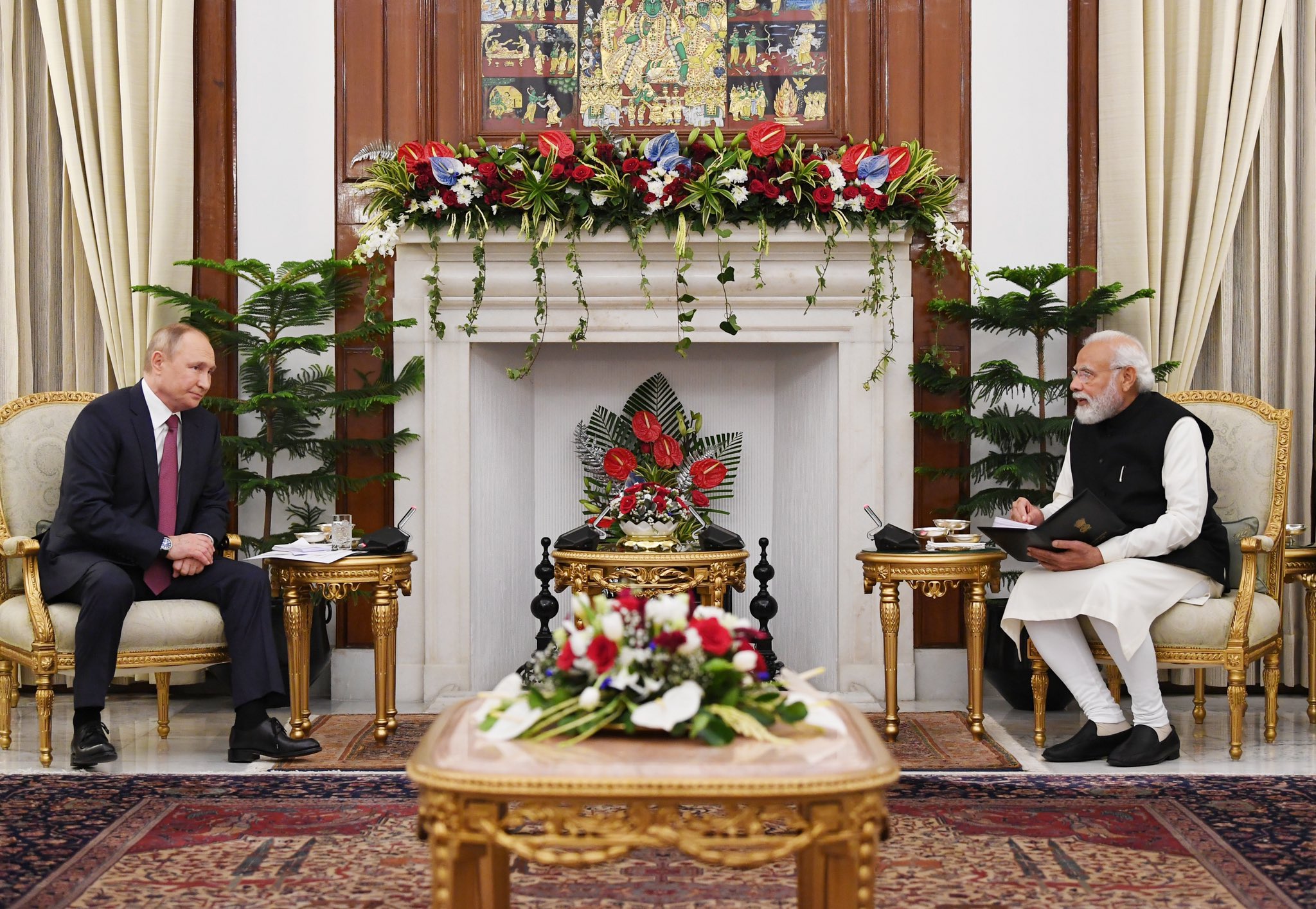
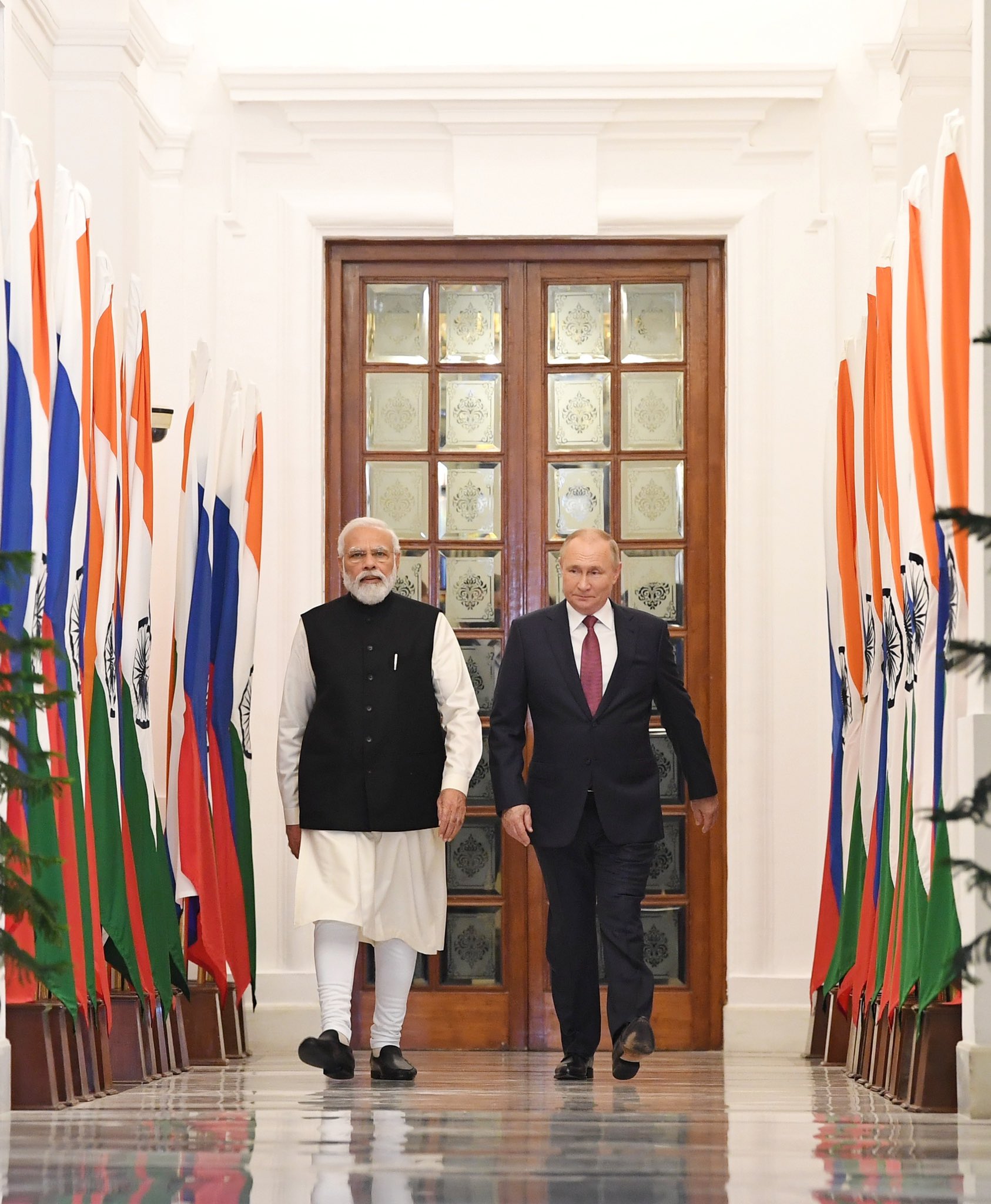
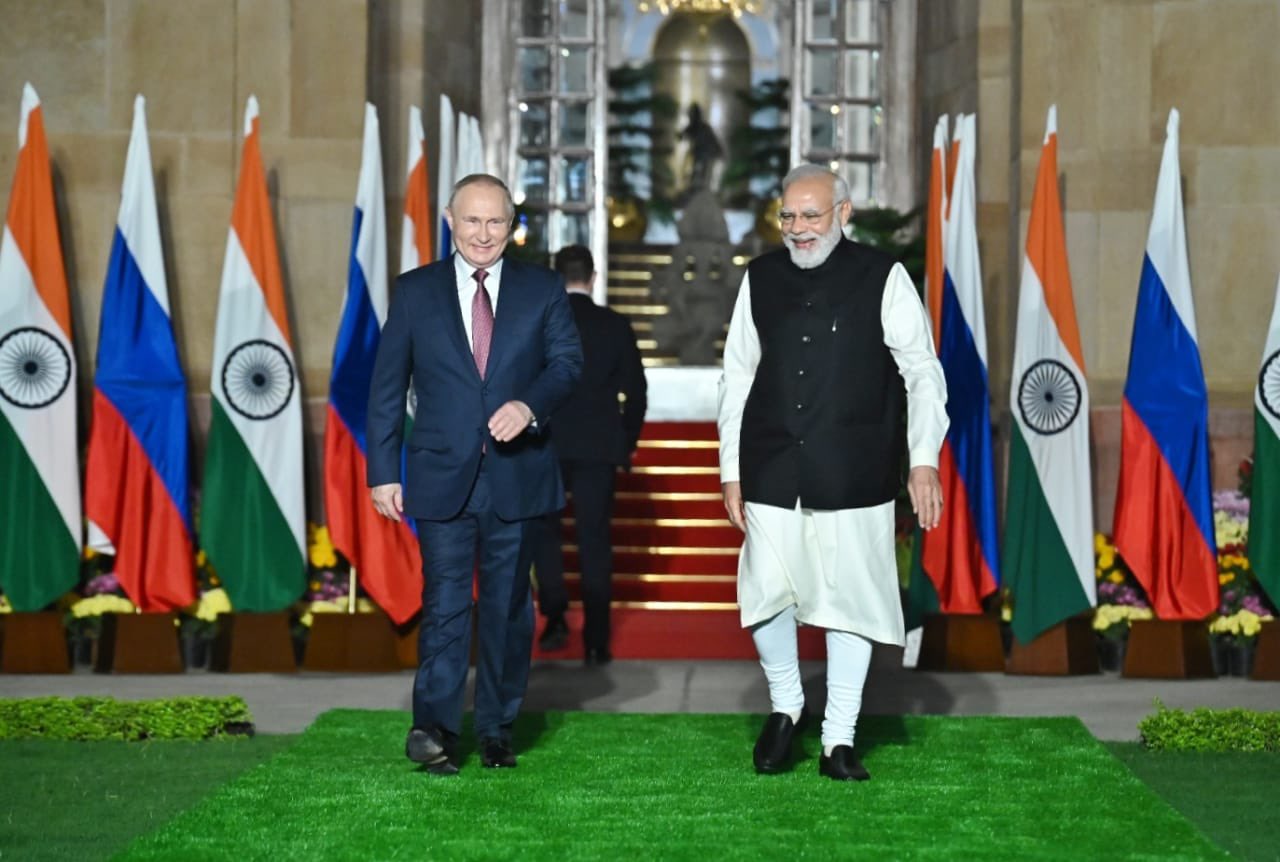






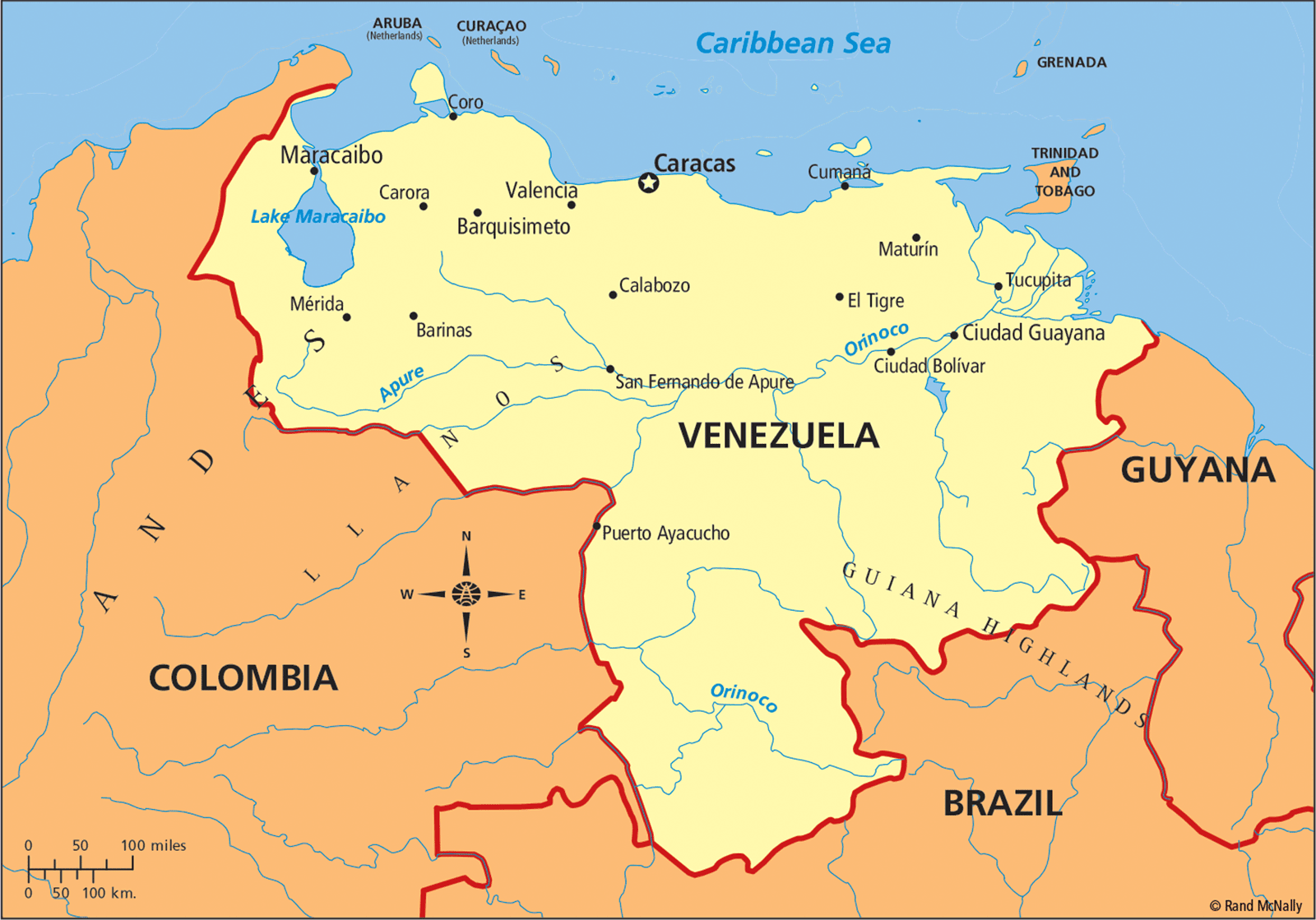 International Criminal Court prosecutor, Karim Khan, said on Wednesday he will open an investigation into possible crimes against humanity in Venezuela.
International Criminal Court prosecutor, Karim Khan, said on Wednesday he will open an investigation into possible crimes against humanity in Venezuela.